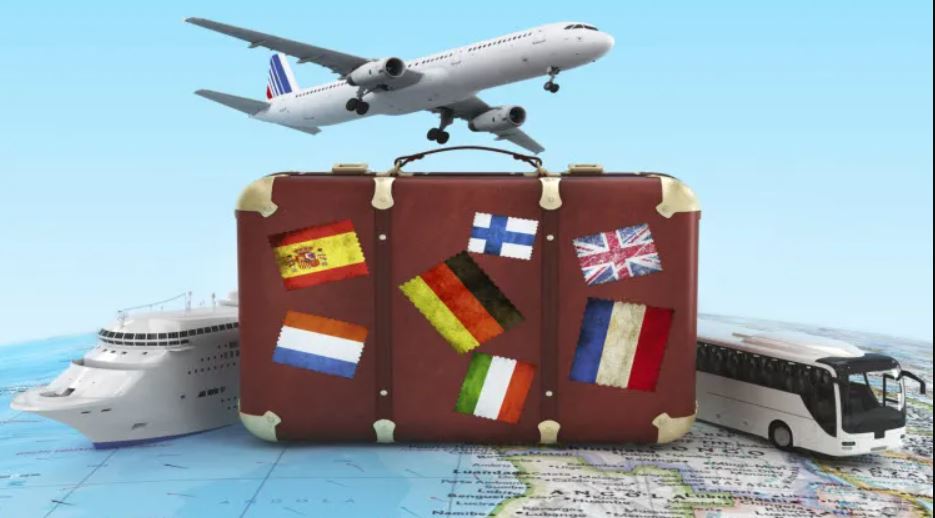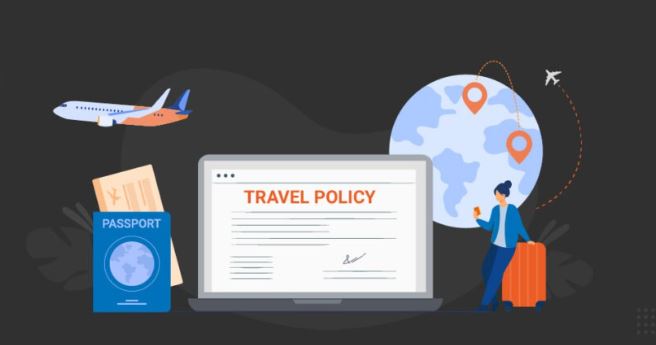
There are people for whom shopping while traveling means buying tokens for loved ones and there are people for whom shopping is an integral part of the traveling experience. For the second kind this blog may come in handy, as we are about to discuss a number of ways in which you can minimize hassle when buying valuables in a foreign land, spending foreign currency while using your own credit and debit cards.
These simple but very efficient hacks will make your shopping experience sweeter when it is devoid of any harassment; monetary or otherwise.
- Using credit cards with no foreign Transaction Fees
People while traveling should always have more than one credit card with them for the sake of back up, safety as well as the diverse acceptance systems in different cities of different countries. While some does not accept an American Express card, the other place will not accept Visa or MasterCard maybe. But most importantly travel with cards which have zero percent Foreign Transaction Fees instead of the 3 percent standard rate that you have to pay if your card does not have the facility.
- Chip and Pin are safer options
Credit cards which have chip and pin facility have a wider acceptance world over due to its restricted access to duplication and fraudulent activities. With chip and pin facility even if your card was stolen, the offender can’t do anything unless he has your pin which is a safety net most banks use nowadays. There are many places, especially, in Canada and Europe where you can’t use a card if it does not have a proper chip and pin facility. Try to avoid the hassle of bringing out cash or worse, losing onto the situation altogether and always carry at least one of the chip and pin credit cards with you at all times.
- Avoid Blocking of cards while abroad
In order to avoid situations where too many transactions on a foreign land out of the range of your bank branch results in the blocking of the card, you would want to let your bank know that you’re going to be on a trip during a certain time period. Providing your bank with your itinerary is a good idea so that using the card at different places within a short period of time doesn’t make it suspicious to the bank authorities.
- Steer clear of unfamiliar products
It’s natural to want to get something which looks interesting and also unfamiliar in a new place you’re visiting, but if it is too unfamiliar and you have no idea about the price of the product then it is wiser not to buy it even if you really want to. You don’t want to find out later that you just paid a lot more than what the thing is worth. If you’re really into buying ethnic products may be it’s a good idea to read ahead of your journey about the markets and their top-selling materials and most importantly, the price of the products.
- Make the most of duty-free shopping
When you’re traveling internationally you have the advantage of shopping excluding the tax on the cost of the product. These designated foreign trade zones include airport lounges, aircraft on board shopping merchandise among other places. If making small purchases throughout the travel is what you want then these places are the perfect spots for you to get your purse strings loose and your bags full.

- Pay in local currency
Always avoid paying in US dollars or whichever is your local currency because most of the stores which let you pay by US dollar or the Euro or the likes charge a higher exchange rate than your bank back home. So, you may thing that paying by the most potent currency in the world will cost you less but that is not always the case.
- Always have currency converter on your phone
Paying a lump sum amount to buy something ‘pretty’ and realizing looking at your credit card statement that it cost you a lot more than it should have is not the way to understand how the currency conversion works. You should always have a proper currency converter app or website open in your Smartphone so that you do the math then and there and decide whether you actually want to buy the product or not.
- Keep an extra baggage with you
Oftentimes you are baffled by the amount of your shopping stuff when you realize most of it is not going to fit into the bag or suitcase that you have brought in the first place. A solution to a pickle like this is to carry a rolled up duffel bag inside your suitcase just so you can use to hold your extra stuff when there is no more space inside that one suitcase that you had with you.
- Consider shipping instead of carrying
Depending on the size and weight of your purchases there is a good chance that you had to pay a lot as extra baggage charge when you’re returning. To avoid such situation you can ship your bigger purchases directly to your home, office or any place of your choice back home which will cost significantly lesser and will spare you the dilemma of trying to curb your purchases to avoid shipping charges.






